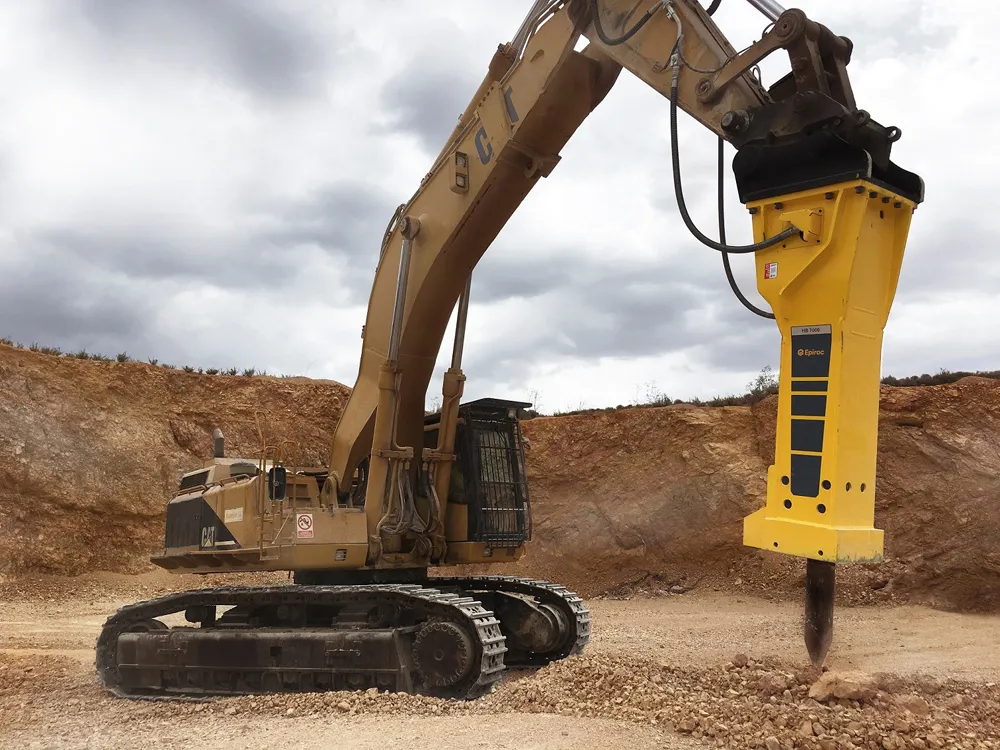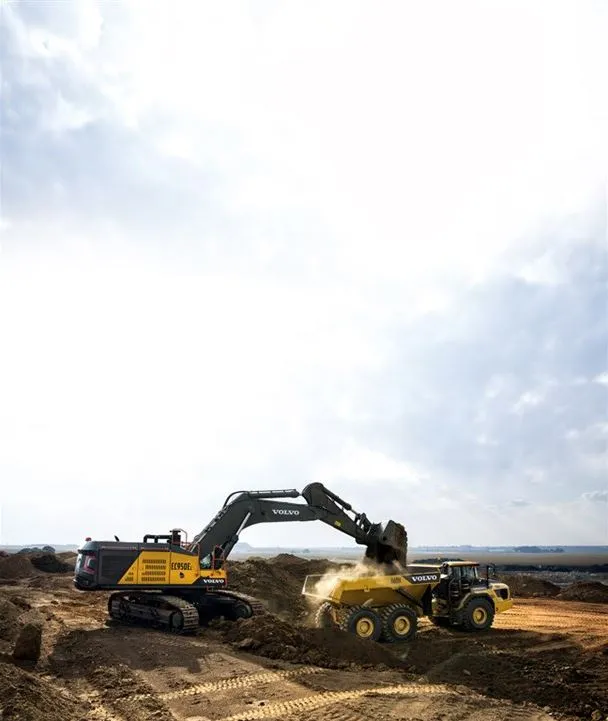
The firm is using 5G communications technology in trials being carried out in partnership with communications specialist Telia. The trials are being run at a test facility in Eskilstuna, Sweden.
Only a small number of firms from across the Nordic countries are being selected to take part in the two-year program. This is a joint collaboration between Telia with mobile telecoms firm
Patrik Lundblad, Volvo CE’s senior vice president of Technology, said: “The advantages of a faster, more reliable 5G network represent a huge step forward in connectivity. Within the construction industry it opens up great potential for processing mobile data and will inevitably impact the ways in which our machines communicate and interact remotely. To be at the forefront of this digital revolution and collaborate on developing new technologies is a gamechanger for Volvo CE.”
This new generation of mobile network is expected to deliver transfer speeds considerably faster than the current 4G network – and is capable of transporting huge amounts of data in far less time. Volvo CE will test its potential by creating a local cellular network at its facility in Eskilstuna and use it to expand its competences and develop its ongoing research into autonomous technology.
Calle Skillsäter, Volvo CE’s technical specialist for Connected Machines, said: “5G allows us to transport data in ways that we could only ever dream about and can increase the possibilities for autonomous and remote-controlled machines in our future. By eliminating the potential safety hazards and downtime associated with operations like mining, we can move closer to fulfilling our ambitions to deliver zero emissions, zero accidents and zero unplanned stops.”









